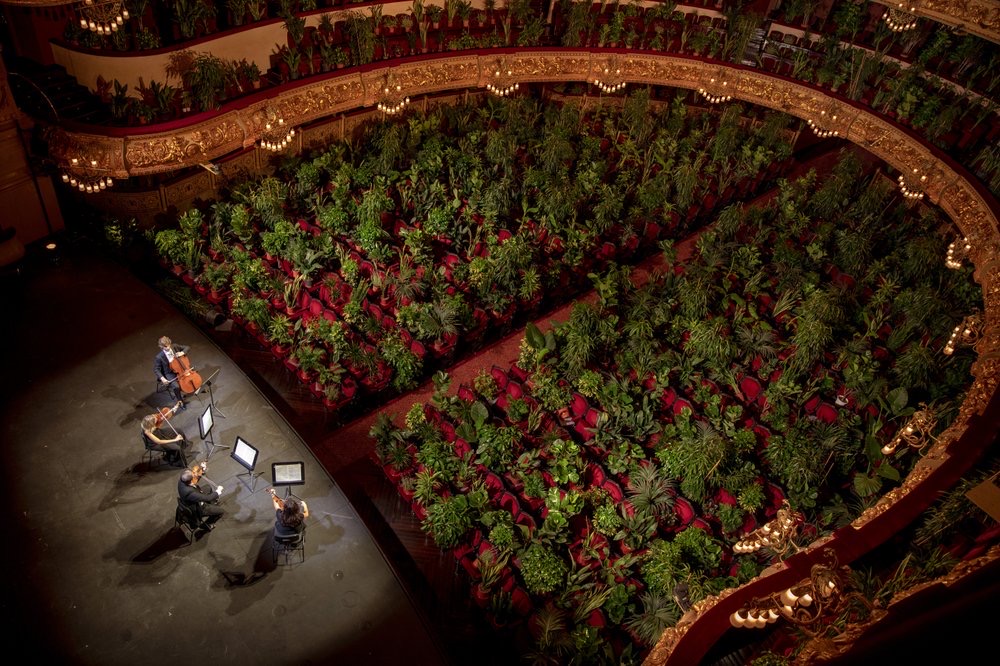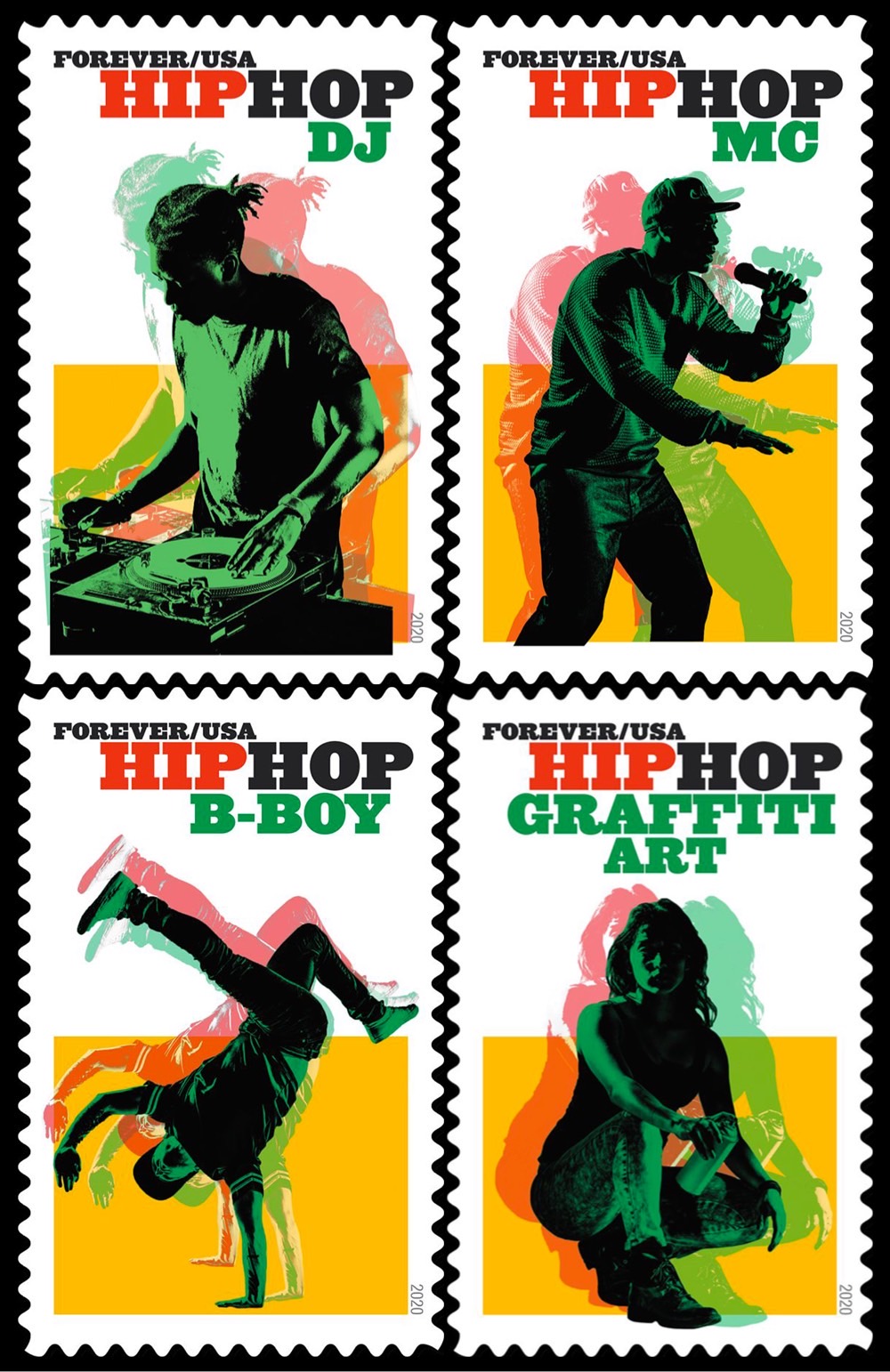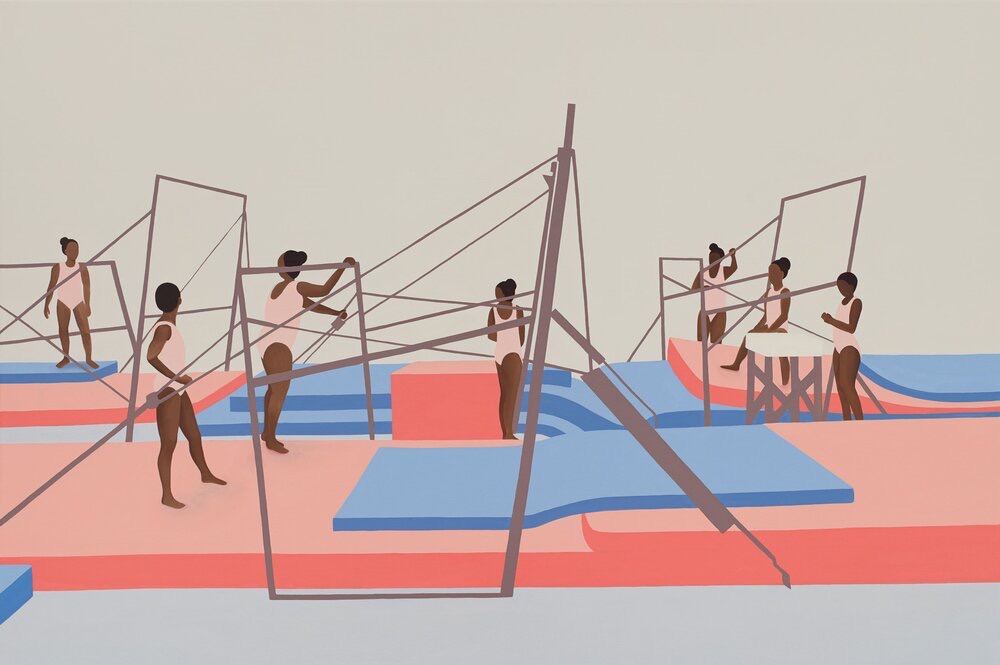Self-doubt before the grand adventure
I’ve been noticing strollers in the park when we walk by.
We’ve already purchased our stroller—the baby is due to arrive in a few days, so we’ve had most of the big ticket items for several months now—but my eye wanders when we are out and about and I find myself noticing the other strollers around me. Each different brand and type has their own strengths and weaknesses, and I watch closely to see how people use the features that their particular stroller offers.
There’s really no reason to covet, or even notice, other strollers; we’ve already bought and settled on our own and we are quite happy. But I can’t shake this nagging feeling that maybe I could have bought something better, that maybe I picked the wrong thing, that maybe I didn’t do enough research or do enough preparation.
The feeling isn’t just limited to strollers: over the past few weeks I’ve had terrible self-doubt surrounding the arrival of our daughter. Have I done enough? Have I bought the right things? Have I read the right books or taken the right classes? Have I set things up in the best possible way for her arrival? Am I prepared to be father that she needs? Am I going to be a good dad?
From what I hear from others, the self-doubt is normal. Raising a child is a huge responsibility and nobody is ever certain, or confident, when they jump into parenthood.
Still, I worry: have I done enough? Will I be enough? Am I enough?
Time will tell, I guess. For now, all I can do is to give it my all and be the best father I can be.
Let the grand adventure begin.
Two poems
Allowables
Nikki Giovanni
I killed a spider
Not a murderous brown recluse
Nor even a black widow
And if the truth were told this
Was only a small
Sort of papery spider
Who should have run
When I picked up the book
But she didn’t
And she scared me
And I smashed her
I don’t think
I’m allowed
To kill something
Because I am
Frightened
———
Self-Portrait as Kendrick Lamar, Laughing to the Bank
Ashanti Anderson
This, what God feels like: laughing
alone in an empty room of tiny doors,
behind every door a metal box, inside each
a man’s red heart, lying. I don’t write
of the cartoonish thing split and jagged
at its insides. Instead, of how I break
even across the same backs spindled by hate.
I tell God I understand and what I mean is
I’ve noticed good people must die to let
there be light in my house. We share a likeness,
God and I, both laughing like something
green folded in our throats. Laughing mean-
while somebody’s auntie asks for Anything
Helps. Laughing when people say they don’t
want to read about the bad stuff. Crying
laughing as we pass our pain off as an offering
plate. Sometimes I nervous chuckle, knowing
trauma pays, but the only time I really laugh
is when I’m laughing to the bank like a-ha.
Some links
Shree Paradkar tells it clearly and loudly: we Brown people are complicit in white supremacy and anti-Blackness:
This has turned us into white supremacists in brown skin, useful tools in the project of whiteness. Our presence enables white people to look like multicultural progressives — some of us are the checkbox diversity hires that help them avoid addressing anti-Blackness. Our success is then used to absolve whiteness: look, Black people are told, if these people can succeed, why can’t you?
When looking at the civil unrest recently, it’s pretty clear that it’s the police that is doing the rioting, not the protestors:
The simplest answer to the question “Why don’t the American police forces act as if they are accountable to black Americans?” is that they were never intended to be. And to the extent that the police appear to be rejecting accountability outright, I think it reflects the extent to which the polity demanding it is now inclusive of those groups the police have historically been tasked to control. That polity and its leaders are simply rejected as legitimate wielders of authority over law enforcement, especially when they ask for restraint.
More and more, it’s clear that we need to go from acknowledging anti-Black racism to doing something to fix it:
These stories are meant to tell me who they are: a good person who is on my side. But what white people never mention in their anecdotes is what they have done. It’s because, in every instance, they have done nothing. They witnessed racism and reported back to me, seemingly the stenographer of racism.
The prison-industrial system causes harm to our communities. It’s time for us to fundamentally re-think the whole system:
The prison-industrial complex isn’t broken. It’s doing exactly what it’s meant to do. By calling for any of these reforms, you immediately re-entrench the logic that is underpinning its systemic nature. The prison-industrial complex—both prisons, policing, surveillance—they feed off of reform. With each iteration, they’ve gotten bigger, more deeply entrenched into our communities, and more powerful.
The Counternarratives art series by Alexandra Bell is the kind of art we need to have more of right now. Check out the series and the video of Bell explaining her process:

I grew up fascinated by the world created on Sesame Street, but had no idea about the show’s unmistakable Black roots:
While the cast of Sesame Street today is diverse in almost every respect (even by 1971, “Sesame Street” took steps to hire more Hispanic performers and talent and later would cast actors with physical disabilities), the on-air talent for the pilot episode was overwhelmingly black, including the principal hosts, Gordon and Susan. Most of the African-American cast and crew came up through the interconnected black entertainment world of New York in the late 1960s. Long had been the co-host of “Soul!”, an unapologetic Black Power showcase of politics and culture on New York public television, and heard about “Sesame Street” from Rosen, the set designer, who was also on the crew for “Soul!” Rosen knew Long was a teacher and told her, according to Street Gang, “This show is going to be about teaching preschoolers. You need to know about it.”
Deb Perelman speaks the truth we all are thinking but nobody is saying out loud: in the Covid economy, you’re allowed only a kid or a job:
I’ve heard from parents who have the luck of a grandparent who can swoop in, or the deep pockets for a full-time nanny or a private tutor for their child when schools are closed. That all sounds enviable, but it would be absurd to let policy be guided by people with cushioning. If you have the privilege to opt out of the work force and wish to, enjoy it. But don’t wield it as a stick to poke others with because far more people are being forced to “opt out” this year and will never professionally or financially recover.
I’m captivated by these photos of the first concert at Barcelona’s Gran Teatre del Liceu opera house since the coronavirus lockdown—performed to an audience of 2,292 house plants:

It’s looking more and more likely that the virus will win (or has won already) and we’re in for even more of this strange world for a little while:
When the first wave of COVID-19 was threatening to overwhelm the medical system, back in March, the public’s fear and uncertainty were far more intense than they are now. So was the reason to hope that some magic bullet might rescue us from the worst ravages of the disease.
At this point, such hopes look unrealistic. After months of intense research, an effective treatment for COVID-19 still does not exist. A vaccine is, even if we get lucky, many months away from deployment. Because the virus is spreading especially rapidly in parts of the Southern Hemisphere, from Latin America to Africa, heat is clearly no impediment to its dissemination.
I left Instagram almost five years ago, and I’m happier living a life that isn’t mediated by the photographer experiences of others:
In her memoir When in French: Love in a Second Language, Lauren Collins, a writer at the New Yorker, quotes her French husband as saying “talking to you in English is like touching you with gloves”. How, then, to describe the remoteness of a conversation that is mediated not by a foreign language, but by the architecture of a website. Here, emotions are picked from an emoji menu, our attention is directed by algorithms we cannot begin to understand and our digital vocabulary — the likes and birthday reminders and status updates — has evolved not as a means to better understand one another but as the most effective way to donate our personal information to a parasitic social media giant.
I am transfixed by the these vintage rackets re-strung with found electronics by Leonardo Ulian:

As we prepare to welcome our daughter into the world, I’ve been thinking a lot about what it means to have a life where so much if it is mediated by online interaction:
Thirty-five years ago the internet was a fantasia, to be slipped into like Narnia, at the back of a shameful closet, out of sight of grown-ups. Though socially distanced, you could fall in love and have your heart broken there, but it was all your own very secret, very eccentric crisis. Now, by order of the state government, my daylight hours are supersaturated by the uniformly high-noon screen of my Macbook, as far from my Zenith interface as a craggy cave wall is from glossy magazine paper. I crave the time when the internet was a lacuna in regular existence, and not the entirety of it.
I wrote a little bit about my issues with the lifestyle of minimalism before, but it’s starting to look like minimalism as our prevailing cultural aesthetic might be ending now:
My penchant toward clutter has always felt like a character flaw, but one of the milder ones. Now, inside my home like millions of other Americans lucky enough to have a laptop job, I’ve spent months shuffling around and tripping over all the stuff I tried for years to ignore or throw out. But instead of the self-recrimination that usually arises when I’m forced to confront my attachment to my things, I’ve felt only relief. A pandemic hit, and suddenly all my inherited neuroses about precariousness didn’t seem so distant and silly.
Matt Stevens reimagines good movies as old books and designs their covers perfectly:

After learning of the racist and colonial history of its namesake Henry Dundas, I’ve written to my city councillors to consider renaming Dundas Street here in our city:
In 1792, Dundas (who had tight links to the West Indies) led the charge to modify a parliamentary motion to immediately abolish the slave trade. Here, it was the addition of one word — and Dundas’s subsequent actions — that tarnished his name. Much to well-known abolitionist William Wilberforce’s chagrin, Dundas amended a motion to abolish slavery by adding the word “gradually.” Dundas was then pressured to put forth another motion calling for an end to the trade by 1800. When the original motion was amended to end the trade four years earlier, in 1796, Dundas walked away from the bill. For the rest of his career, Henry Dundas opposed abolitionist efforts. Those calling for Dundas’s removal blame him for delaying abolition by as much as 15 years; others (specifically his family) argue that he was in fact an abolitionist and his role during these years governed by political pragmatism.
I would love to see Tadao Cern’s black balloon installation in person one day, when we’re allowed to travel and enter museums and galleries again:

A question worth asking: are we all just living in a long series of parentheses?
Here’s something I used to think about, back in the before-times: A clause set off by em dashes is like dropping underwater while swimming breaststroke — just a quick dip before popping back to the sentence’s surface. A parenthetical clause is more like diving down to the pool bottom to pick up a coin. And a footnote is a full-blown scuba dive — you have strapped on equipment and left the surface behind and you had better, after going to all that trouble, see something interesting down there.
As a child who was obsessed with hip hop and was also an avid stamp collector, I would have been obsessed with these new hip hop stamps from the USPS:

The most recent Ask Molly by Heather Havrilesky is pure poetry, and is just what I needed to read:
Everything feels heavier these days. Small things, big things, even when you’re right, even when you’re wrong. We’re all in ankle weights. There is no moral. Feel the pull of what you lost, what we’re losing, day by day. Fall to the ground, lie on your back, I’m right here next to you, tell me who you are.
Twitter has come a long way since many of us signed up fourteen years ago, and the way we talk about the service has changed a lot, too:
We should have seen this coming. If the early days of Twitter were about tweets (a sound associated with cute birds) and fail whales, the recent years have seen words like “tweetstorms” become part of the Twitter vernacular. We went from using the language of compassion to aggression in our association with Twitter.
We’ve been thinking a lot about buying art recently, and I would love to have a piece from Thenjiwe Niki Nkosi’s “Gymnasium” series on our walls:

The next time I post one of these link posts—it might be several weeks until then—I’ll be a father. Wish me luck on all the new adventures to come!
Get weekend reading posts in your inbox: subscribe to the fortnightly newsletter.